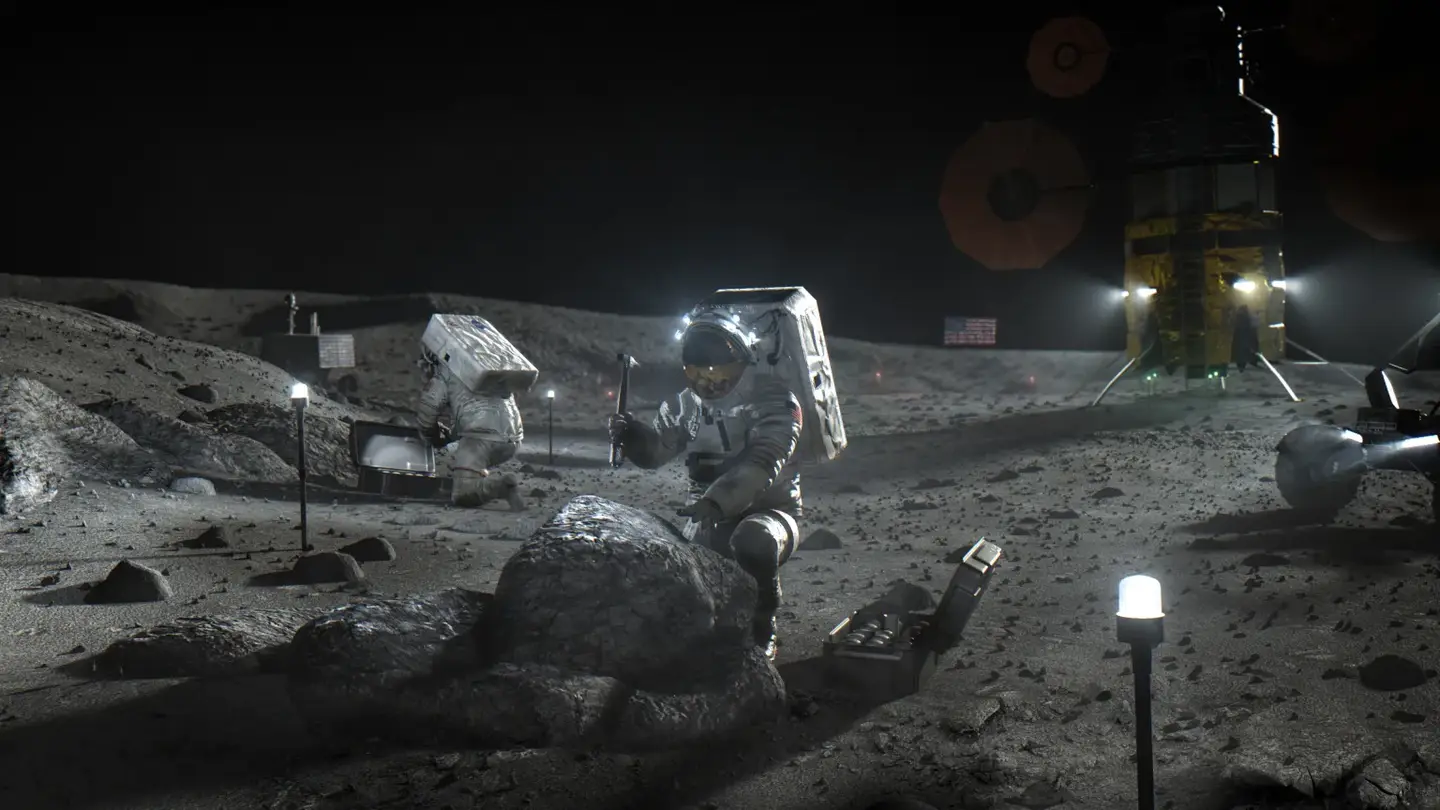These Autonomous Delivery Drones Will Soon Dot the Swiss Skies

Share
As much as commodities and data have been digitized over the last few years, we still need to send an awful lot of physical items hither and thither. The logistics of doing so have been and remain convoluted, tied to infrastructure and personnel.
To get stuff from one place to another, drivers need to navigate roads that twist and turn and snarls of traffic. The quickest, most efficient way between points is as the crow flies—so, the natural next step is to take to the sky, which is exactly what Singularity University Ventures startup Matternet built an autonomous drone system to do.
In 2015, Matternet laid out plans to deliver life-saving drugs in rural communities by drone. Now, they’ve taken another big step toward making their vision reality.
A few weeks ago, the startup announced the Matternet Station, an automated loading platform for drones to pick up and drop off packages up to 4.4 pounds. The station looks exactly like the sort of white, minimalist, space-age contraption science fiction has long promised, and Matternet has been approved to use the system to deliver blood and other diagnostics between hospitals and clinics in Switzerland.
It's no surprise delivery drones are finding a home in healthcare. Large hospital systems often need to move blood and pathology samples back and forth between labs and peripheral facilities, and they often need to do so with great urgency, perhaps dozens of times a day.
Consider a situation offered by Matternet in an email with Singularity Hub. A patient that arrives bleeding out in the ER requires a blood transfusion of a type no longer in stock. Today, a hospital may hire a courier to retrieve blood bags from a different facility, or very literally get those bags of blood into a taxi and send it to the right place.
Matternet wants to simplify all that and take traffic and delivery personnel out of the equation by autonomously flying in a straight line between pickup and delivery points.
The drones hop from station to station at a little over 40 miles an hour and can go up to 12.4 miles. At each station, they can pick up packages and freshly charged batteries. Of course, failure is a possibility mid-flight. So, all Matternet vehicles are equipped with a parachute and flight termination system that would allow them to fall to the ground at a speed that shouldn’t cause anyone harm.
Though Matternet’s drones will begin regular flights between hospitals, the startup’s vision extends beyond just healthcare.
Last week, they announced a pilot with Mercedes-Benz Vans to test a drone-based delivery system for e-commerce goods, where vans would drive to “rendezvous points” in Zurich, and drones would autonomously deliver packages to to them for the very last leg of their journey. The Zurich pilot will be open to residents for three days to test out same-day drone delivery.
Be Part of the Future
Sign up to receive top stories about groundbreaking technologies and visionary thinkers from SingularityHub.


All this is part of a larger trend, where the delivery of goods from factory to front door is becoming increasingly automated. And Matternet isn’t alone in its efforts.
Amazon—purveyor of oh so many physical goods on their way to and fro—is known for its logistical aptitude, such that its acquiring Whole Foods for a cool $13.7 billion is largely understood to be a move to further embed its logistical tendrils into a big box near you.
They also have their own automated drone delivery service in the works, Amazon Prime Air. The future of logistics is looking to be quite the crowded industry. Other participants include Tesla and its upcoming autonomous big rigs, which would automate shipping by road.
But Matternet stands out in some of its long-term goals, including using drone delivery networks to move healthcare supplies that save lives around rural, less developed parts of the world that don’t have reliable roads or transportation systems. CEO Andreas Raptopoulos believes Matternet’s systems will become autonomous and affordable enough to leapfrog current systems in the near future, according to his TED talk.
It is not a winner-take-all industry.
As we digitize shopping and democratize logistics, there’s no end in sight to the increasing volume of stuff we’ll need to get from one place to another.
Image Credit: Daimler
Experienced director of digital marketing and digital brand strategies with a demonstrated history of working in the startup, technology, and agency spaces, both as a co-founder of a nonprofit startup and as a director in a global organization. Particularly skilled in social media strategies, content marketing, and brand strategy.
Related Articles

Elon Musk Says SpaceX Is Pivoting From Mars to the Moon

Your Genes Determine How Long You’ll Live Far More Than Previously Thought

Scientists Send Secure Quantum Keys Over 62 Miles of Fiber—Without Trusted Devices
What we’re reading